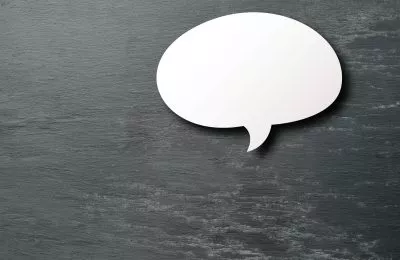Where to begin? Where to end? What was inside the circle of life, the fullness of Lucie Prenzlau? If this circle were a wheel, each of its spokes would likely define the totality of another person, but not Lucie Prenzlau.
One spoke might say, fundraiser, activist, visionary. Another spoke might say, gardening, barbecues, fabulous birthday parties. Still another: aristocratic and dignified; also accessible and empathetic — listener and adviser. And another spoke: Europe, Palestine, America. Another: unique love story. And: fearlessness, friendliness.
These would be only some of the spokes on the wheel of Prenzlau’s life. Yet, it was a single wheel. A unity. An indescribably rich life, such that if this were the color wheel, it would blaze forth in both the variety and complementarity of its tones. Oh, did we mention, Lucie Prenzlau was a nurse, both in Jerusalem and in Denver?
After the passing of the other half of that love story, Lucie Prenzlau’s unforgettable husband Werner, sometimes one observed her and had to wonder, did her memory of him dim? After his death Lucie Prenzlau just kept shining —not, of course, that she did not grieve his loss. After all, he was the man she waited seven years for, divided by oceans and by a Holocaust.
Did she grow old? She was, after all, 96 at her passing, yet she did not stop fundraising for charities, reaching out to friends, descendants, countless well wishers — nor, until a few years ago, did she stop swimming.
Did she lose her dignity, as many very old people do? Not in her dress, her speech, her smile; not in her attendance at community functions and family simchas. Certain words were invented for Lucie Prenzlau: resilient; curious; caring; gracious.
Count up the obstacles that could have shut down Lucie Prenzlau’s life. When she fell in love with Werner Prenzlau, the match was opposed by her immediate guardians. When she got engaged, the circumstances on the eve of World WW II forced him to Palestine, then to America; and forced her to Hungary, then to Palestine (missing each other like proverbial ships in the night). When they married, they found themselves as immigrants on foreign soil, without the language. When they, among a few others, had this crazy idea of founding a Hebrew day school in Denver — Hillel Academy — community leaders deemed them, well, crazy. When they raised children in Denver, the chances of these children retaining their parents’ religious values and practices were, statistically speaking, risky. Her husband’s death after more than 55 years of marriage added one more obstacle to the long list. Yet, to Lucie Prenzlau, these obstacles were hardly even overcome. It was more like they were overlooked, passed by, pierced as if effortlessly.
Kindness is contagious. Friendliness sticks. Good will penetrates. Class communicates. Concern for others generates a like response. When Lucie Prenzlau was put in the “Guess Who” in the IJN years ago, the number of responses broke a record. The responses came from the neighborhood she lived in and from neighborhoods she did not live in; from people who shared her religious lifestyle and people who did not; from people her own age and others decades younger; from people who knew her well to those who did not; from people who knew her personally to people who knew her through her nursing profession; from those who knew here as devout to those who knew her as fun-loving. On so many levels, in so many ways, Lucie Prenzlau was one of a kind. In humor. Empathy. Charm. Wisdom. Activism. Skills. And hardly least, in excellence in the culinary arts, from baking to barbecuing.
Not to mention: Fearlessness. When she crossed the ocean from Egypt to the US during WW II to reach her intended, she was the only female on a boat full of sailors. When a relative was to be married in Israel during the Gulf War of 1991, with Saddam Hussein’s missiles raining down on Israel, she was undeterred; she traveled to the wedding.
People — “everyone” — felt that they had a special place in Lucie Prenzlau’s heart. And everyone was right. Everyone did. Her smile dispelled any sense of the superiority that usually attaches to aristocrats; her warmth pulled you in. Which is why her passing leaves so many people bereft and saddened, if also grateful for having known her. If we are to take a lesson from her exciting, accomplished and indelible life of service to man and G-d alike, it is to seize every color on the palette of life. To touch all the generations. To keep smiling. Keep shining.
She would want it no other way.
Copyright © 2014 by the Intermountain Jewish News















